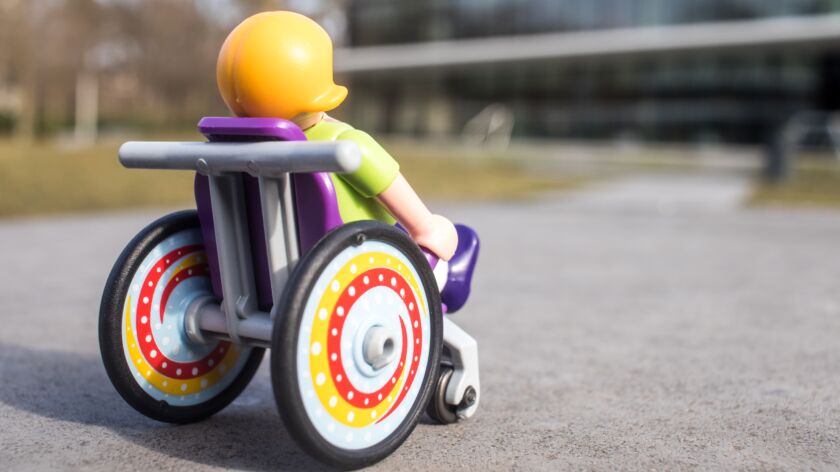More students with a medical disability find their way to individual study grant
-
 Foto: Marjolein van Diejen
Foto: Marjolein van Diejen
The number of students with a medical disability who receive an individual study grant through their municipality has increased by 50 percent nationwide in just one year: from 6,000 to 9,000. In Nijmegen an increase can also be observed.
Statistics Netherlands (CBS) data show that the number of students with individual study grants has increased significantly. From over 6,000 in 2022 to over 9,000 in 2023.
The Municipality of Nijmegen also saw an increase, although the numbers are slightly below the national average. In 2021, a total of 283 students received a grant, compared to 379 in 2022: an increase of 33 percent. In 2023, grants were awarded to 470 students, an increase of approximately 25 percent compared with the previous year.
Ad hoc
The individual study grant for students with a medical disability was quite ad hoc until recently, argues Ieder(in), a group that advocates for people with disabilities or chronic illnesses. The grant was pretty much unknown, both to students and to the municipalities that have been awarding it since 2015. Moreover, different municipalities paid out different grant amounts, from almost nothing to a few hundred euros per month. As a result, students ended up missing out on hundreds of euros. For Nijmegen students, the grant amounts to 300 euro a month – which is already double the amount that the municipality awarded until 2021.
Thanks in part to actions by the National Student Union and CNV Jongeren, awareness of the grant scheme has increased. And after much lobbying, national standard amounts were also established for all municipalities. Fifteen-year-olds are entitled to 108 euro per month and students aged 21 and above get 360 euro.
And yet, the information provided by the municipalities still leaves a lot to be desired, says Ieder(in). Applying for the grant can be complicated and time-consuming. “It would be better if students could turn to DUO,” writes the advocacy group on its website. “That would be a more logical option for both students and municipalities.”
Translated by Radboud in’to Languages.



